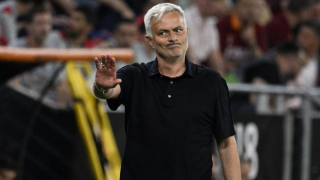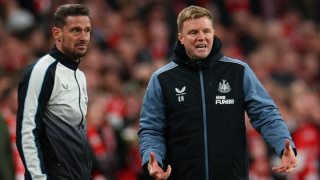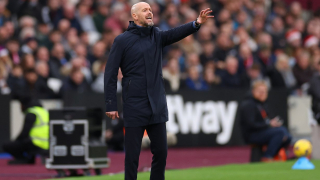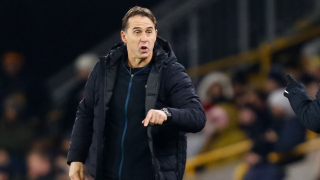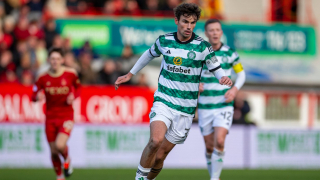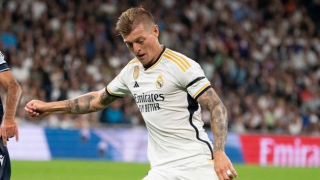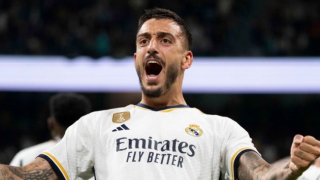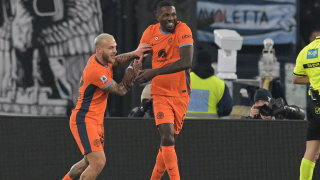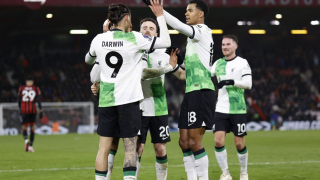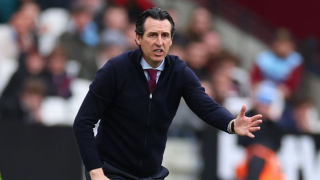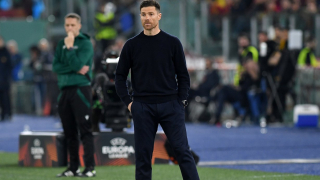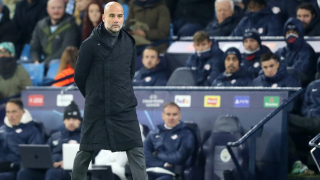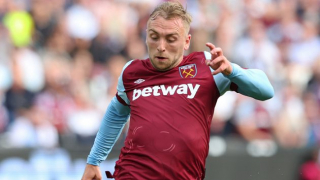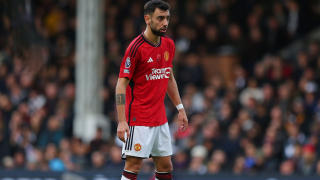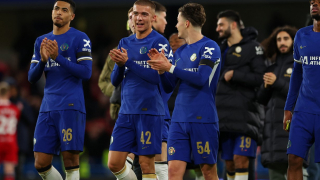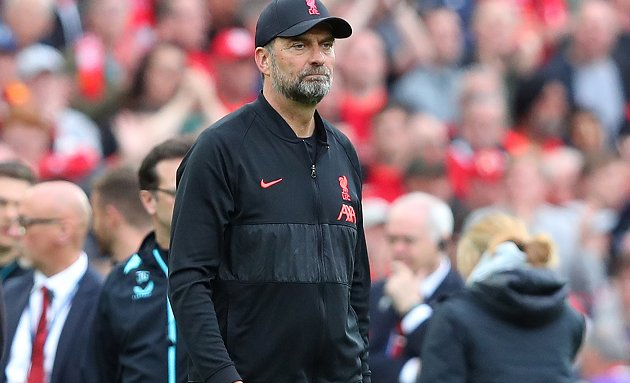Liverpool and Real Madrid are set to meet in the Champions League final for the second time in five years. In 2018, Real won the continental crown with a 3-1 final victory inspired by impact substitute Gareth Bale. A lot has changed since that night in Kyiv, however. Since then, Liverpool have won the Premier League and Champions League, and firmly established themselves as one of the most consistent teams in Europe. Real Madrid, meanwhile, lost stars like Cristiano Ronaldo and Sergio Ramos before re-emerging as a force with new talents, including Brazilian wingers Vinicius Junior and Rodrygo.
Before the teams clash at the Stade de France this Saturday, we will look at the key battles and attempt to predict where the game will be won and lost.
LIVERPOOL'S CROSSING AND REAL MADRID'S WEAKNESS
Of the two teams, Liverpool are probably the more physical and athletic. Their defence is led by two imposing centre-backs, with Ibrahima Konate joining Virgil van Dijk on Champions League nights. Their midfield is packed full of runners with endless stamina, while their frontline including Mohamed Salah, Sadio Mane, and possibly Diogo Jota, features plenty of pace.
Real Madrid do have speed in their side, notably from Vinicius and Federico Valverde. But their midfield is ageing and relatively one-paced, while their defence lacks aerial dominance. They have conceded plenty of goals from high crosses into the penalty box throughout their Champions League run. Below is one they conceded in the semi-final with Manchester City - from a simple cross in, they failed to win the first or second ball and let their opponents in on goal.
Liverpool are a team with plenty of threat in the air. Konate scored headers from corners in both legs of the quarter-final win over Benfica, while Van Dijk can also threaten in these situations. The natural tendency is for opponents to focus on them and possibly lose concentration on other runners, as Inter Milan did when Roberto Firmino headed home at the front post in their second round game.
Jurgen Klopp's side don't rely entirely on set pieces to score from high balls, though. Their right-sided rotations, with Jordan Henderson overlapping Salah, can free up right-back Trent Alexander-Arnold to whip in superlative crosses from more dangerous, withdrawn positions (see below). And Liverpool always get runners from midfield to try and overload their opponent's back line and attack these balls.
In their quarter-final first leg with Chelsea, Real conceded from a cross similar to the ones Alexander-Arnold puts in from the above inside-right position. They will need to defend high balls better - from open and set play situations - if they are to keep Liverpool off the score-sheet.
CAN REAL MADRID EXPLOIT LIVERPOOL'S HIGH LINE?
Liverpool's defence is all about staying compact and denying space in-between, and that involves keeping a high defensive line. They will try to force their opponent to go long and play for offsides, but they don't always succeed in setting the offside trap. Sometimes, they let their opposition get into dangerous positions quickly from simple balls over the top.
In their semi-final second leg, Villarreal got up the pitch quickly from a long ball, depicted below. Timing their runs to stay on, they beat Liverpool's high line and got in position to cross the ball into the box and score against an unprepared defence. Before then, Liverpool had conceded against Benfica after a simple long ball over the top of their high line led to Darwin Nunez getting in on goal.
Real Madrid have quality passers in Toni Kroos and Luka Modric, both of whom can open a defence up if given time on the ball. Liverpool's pressing game is usually spot on, but there will be times on Saturday where they don't quite prevent Kroos or Modric from facing play and picking their pass. If and when that happens, Real also have quality up front in Karim Benzema, someone who doesn't need many chances to score, and the searing pace of Vinicius Junior, who scored against Manchester City after beating Fernandinho 1-versus-1 on the wing.
Real Madrid should get a few opportunities to test out Liverpool's high defensive line, either with balls over the top or quick passes to get Vinicius isolated against Alexander-Arnold. When they do, they have the necessary qualities up front to exploit space and be ruthless with their scoring opportunities.
LIVERPOOL PRESSURE V REAL PATIENCE
More generally, this game will be a clash of styles, with Liverpool seeking to impose themselves with organised pressing and fast counter-attacking, while Real Madrid try to control the game and build their attacks more patiently. The challenge for both teams will be dictating the tempo: can Liverpool get their pressing right and inject pace into the game with their pressure, counter-pressing and counter-attacking; or can Real manage the tempo down to suit their older, slower midfield?
If Liverpool can set a high pace, with lots of transitional moments and physical duels, they could overwhelm their opponent. On the contrary, if Real maintain their usual composure, utilise the high technical ability of their midfielders and dominate the ball, they can get themselves in position to catch out Liverpool's high line and provide chances for Benzema.
CONCLUSION
This Real Madrid side has a special aura. They had to overcome Paris Saint-Germain, Chelsea and Manchester City just to be here, and they have a wealth of experience. In Benzema, Kroos, Modric and Dani Carvajal, they have a group of players who have won this competition multiple times and simply will not be fazed by the occasion or surrounding pressure.
Liverpool may not have that same experience, but they are the more stable side. They haven't been behind once during the knockout stage, while Real have had to come from behind in all three ties with PSG, Chelsea and Man City. Of course, the quality of opposition is different, but Real also appear a team with bigger peaks and troughs in performance. They struggle to keep clean sheets and do a lot of their scoring in waves: in their 3-1 wins over PSG, Chelsea and Man City, they scored all of their three goals in 17 minutes, 25 minutes and 11 minutes respectively.
As impressive as Real Madrid's pedigree is, there is no second leg to rescue themselves here. This is a one-off tie against an exceptional Liverpool team who are faster, more physical, more organised, and who will be highly motivated following their failure to win the Premier League. The likely scenario from this writer's perspective is that Liverpool set the tempo, score first, take full advantage of the upper-hand, and see out their lead.
`

